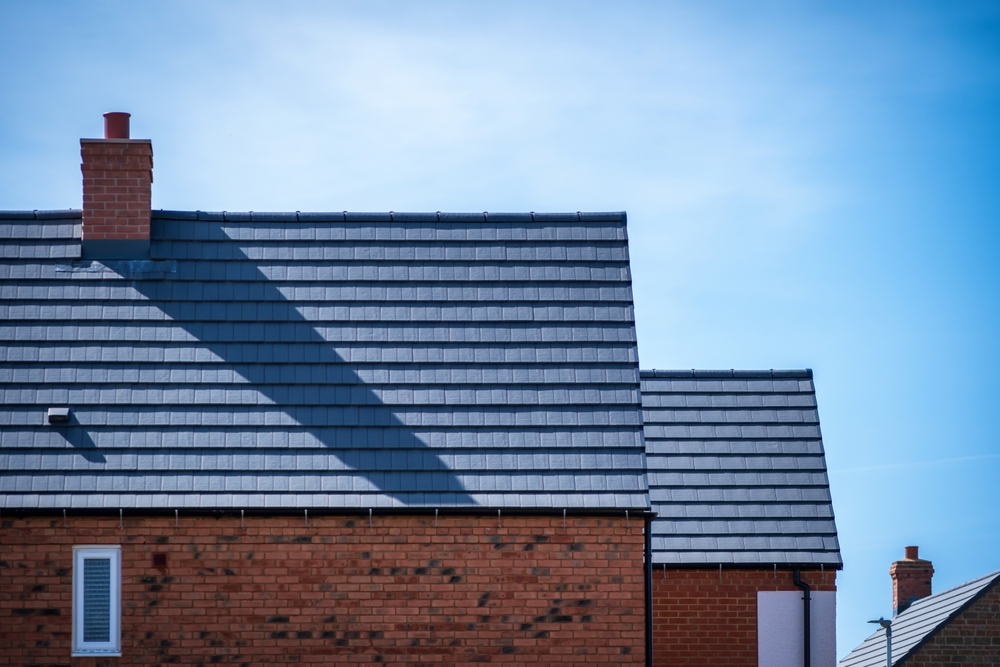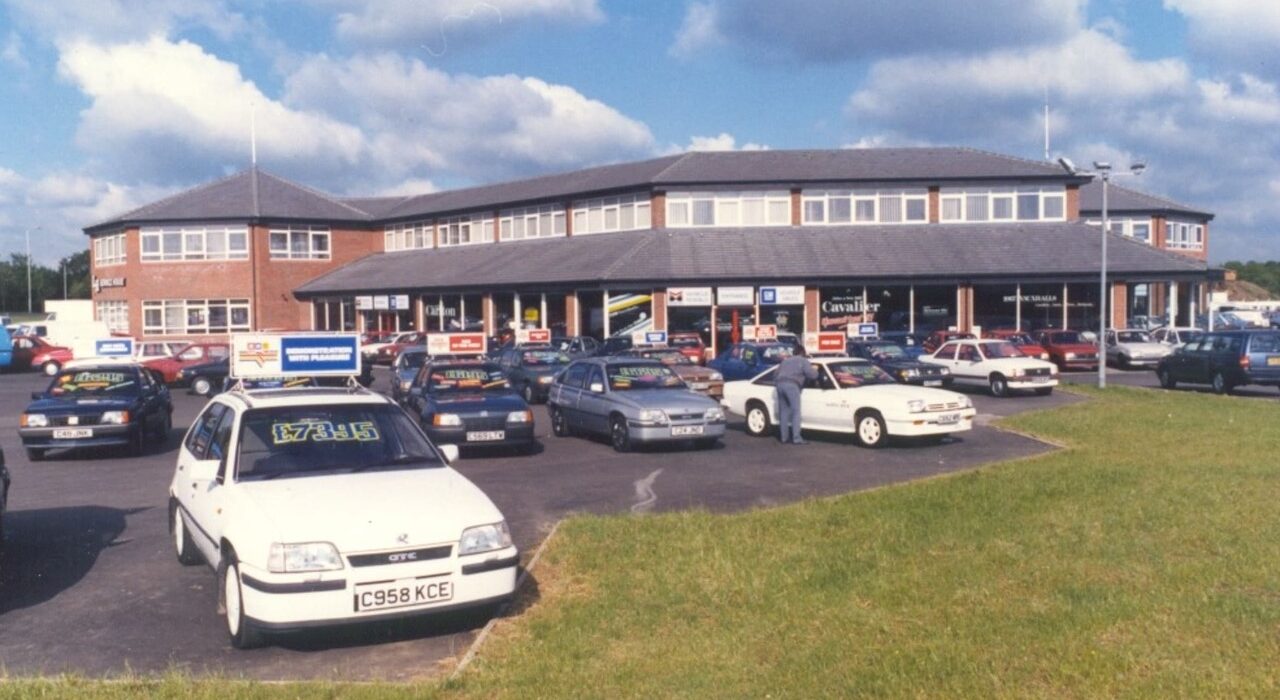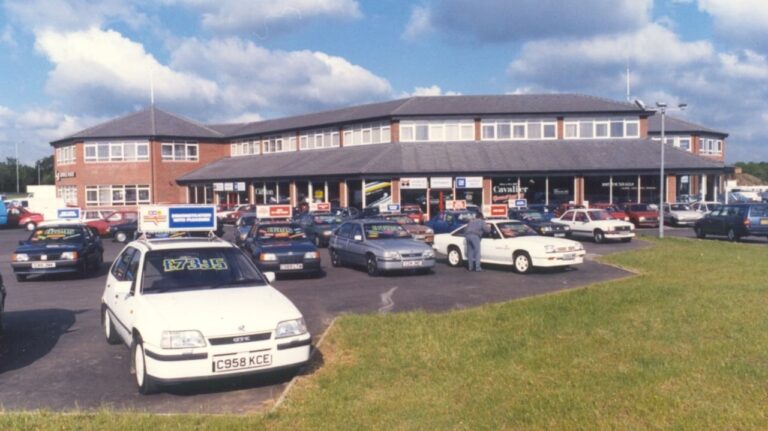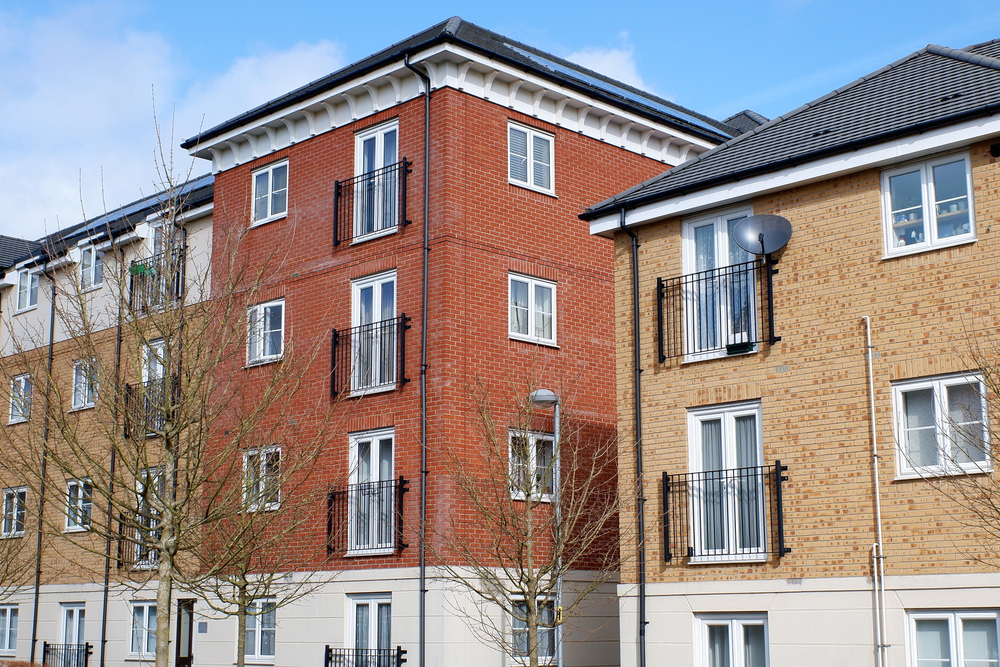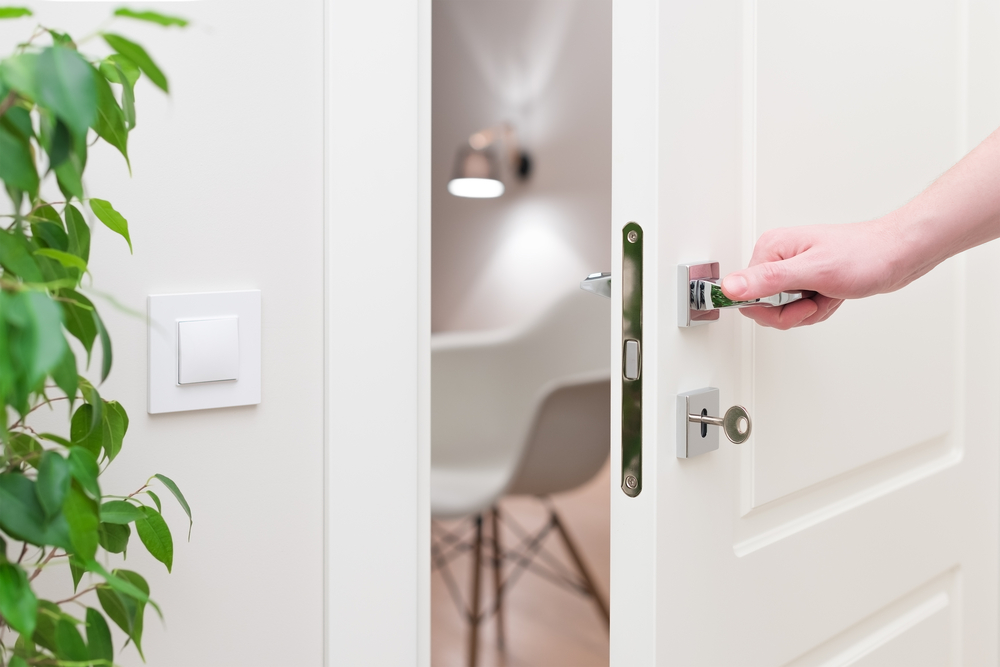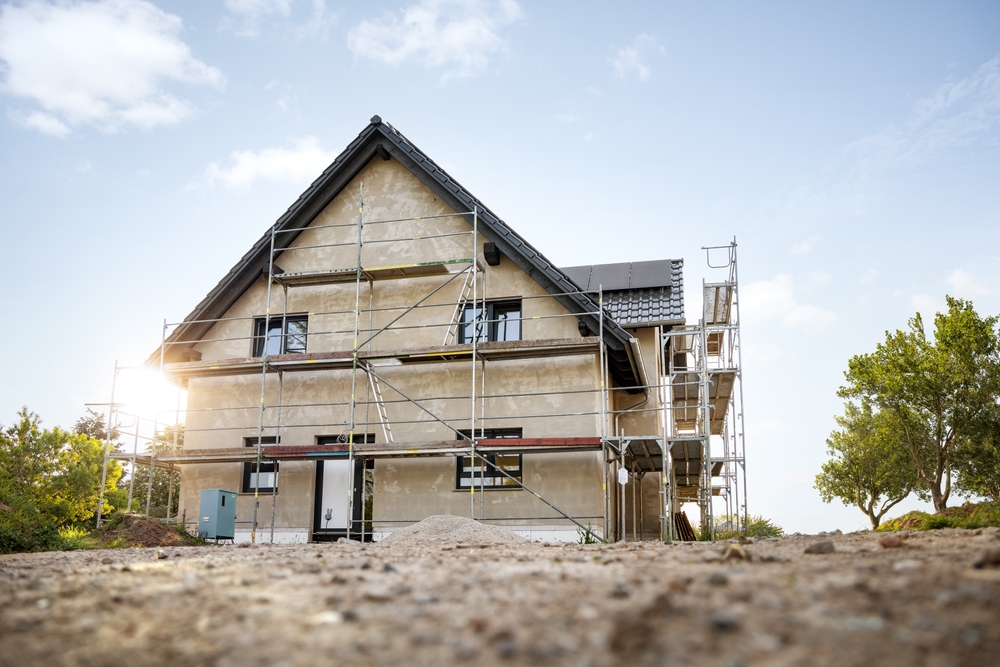Reducing shrinkage in your new home
Moving into a new home is an exciting time, but it can also come with a few unexpected challenges. One of the most common issues homeowners face, especially with new builds, is shrinkage.
Shrinkage refers to the small cracks that appear in walls and floors as your home settles. While shrinkage is a natural part of the process, it can lead to more significant problems if left unchecked. Here’s how you can reduce shrinkage in your new build and protect your investment in the long term.
What's the cause?
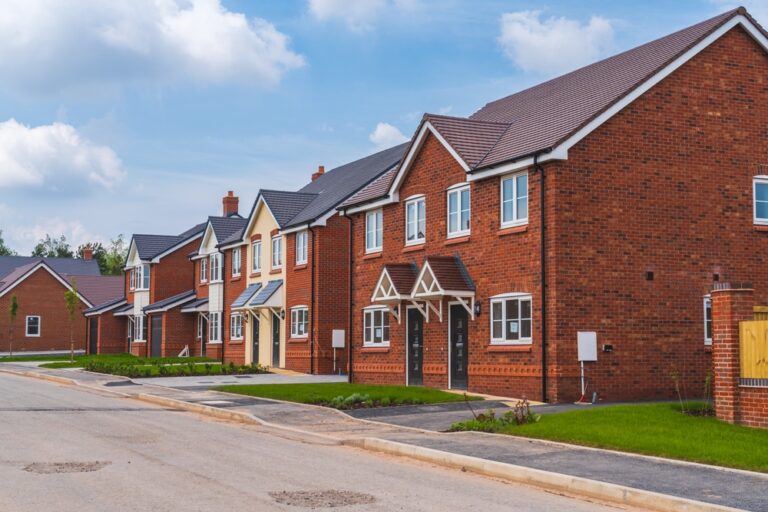
Shrinkage occurs as building materials like plaster, wood, and concrete dry out. This is especially common in newly built houses, where the materials are still relatively fresh. As they lose moisture, they shrink, which can result in cracks. Water plays a big role in this process, as excess moisture can lead to a variety of damp problems, including mould growth, condensation problems, and even black mould.
Understanding the causes is the first step to reducing shrinkage. Controlling the moisture in your home is essential for preventing damp issues that could escalate over time.
Damp and Shrinkage: A Troubling Duo


While shrinkage itself is a natural process, excessive damp or moisture can exacerbate the problem. Damp can come from a variety of sources, including ground water, poor ventilation, and condensation. In older homes, damp problems might already be present, but new builds can also experience them if preventative measures aren’t taken.
To keep shrinkage and damp under control, make sure your home has proper ventilation. Installing an extractor fan in key areas like kitchens and bathrooms can help. This will reduce the humidity levels and prevent condensation problems, which can cause damp or mould to develop.
How to Reduce Shrinkage in Your New Home
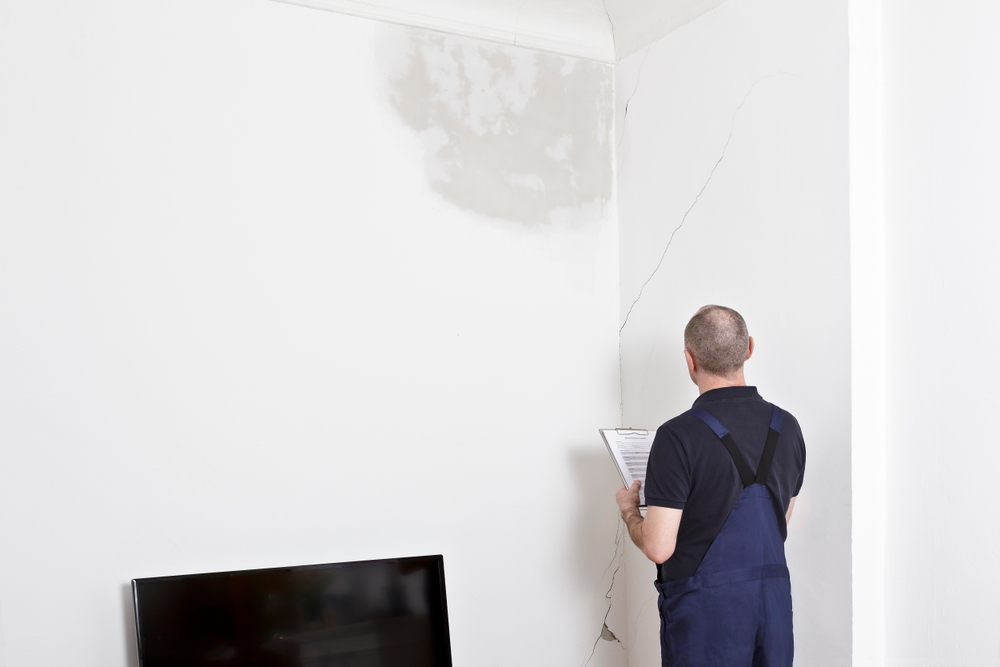

There are several strategies you can use to reduce shrinkage and its effects in your new home. Here are a few practical tips:
- Control Humidity: New build houses tend to have higher levels of moisture as they dry out. Using dehumidifiers can help speed up this process and reduce the chances of shrinkage. This is particularly important in areas like basements, where damp problems are more common.
- Ventilation is Key: Proper airflow is essential for preventing condensation problems. Keep your home well-ventilated, especially in rooms that tend to collect moisture, like bathrooms and kitchens. An extractor fan can help pull moisture out of the air and reduce damp issues.
- Address Damp Problems Early: If you notice signs of damp, such as mould growth, wet walls, or condensation on windows, take action immediately. Damp proofing your home and using moisture barriers can help prevent further damage. Keep an eye out for black mould, which can be harmful to your health and indicates a serious damp issue.
- Dry Clothes Outside: Drying clothes indoors can lead to an increase in humidity levels, contributing to damp and condensation problems. Whenever possible, dry clothes outside or use a tumble dryer that vents outside.
- Check for Water Leaks: Inspect your home for any potential leaks, especially in areas prone to damp, such as under sinks, near windows, or around the roof. Even a small leak can lead to significant moisture build-up and increase the risk of shrinkage.
- Regular Inspections: A new home will settle over time, and small cracks may appear as part of the shrinkage process. Regular inspections will help you identify any problem areas before they worsen. Keep an eye on walls and floors for any signs of shrinkage or damp.
The Bottom Line: Shrinkage and Loss Prevention


The retail industry often talks about “shrinkage” in terms of loss prevention. In homes, reducing shrinkage is also about loss prevention—but in this case, it’s about preventing the loss of structural integrity in your new build. By following these tips, you can help minimize shrinkage, reduce damp problems, and maintain the quality of your home.
Whether you’re a first-time buyer or moving into a new build, keeping an eye on moisture levels is crucial. With proper damp proofing, regular ventilation, and attention to potential problem areas, you can enjoy your new home without the worry of shrinkage or damp issues.
For many first-time buyers, investing in a new home is a significant milestone. The last thing you want is to face expensive repairs down the line due to shrinkage or damp issues. These problems can not only affect the structural integrity of your home but can also lead to mould growth and other health risks. Taking the time to address these concerns early on can save you a lot of stress and money.
When looking at homes for sale, consider asking about the builder’s process for dealing with shrinkage and damp prevention. Understanding how the home was constructed and what measures have been taken to reduce moisture can give you peace of mind.









